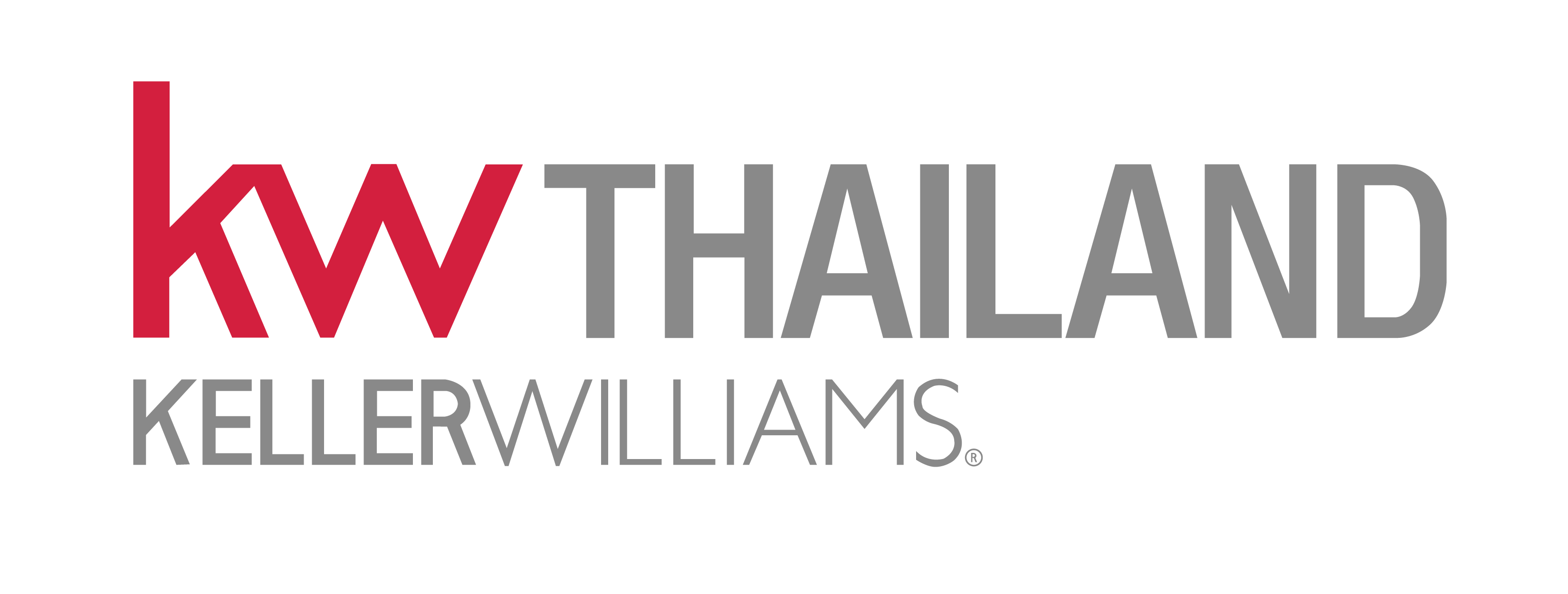A simple step-by-step guide for foreigners
Navigating the Thai property market can be challenging for expatriates, but this guide will provide you with key information on the process of buying and selling property in the country, explaining everything from ownership rules to tax implications, so you can make an informed decision.
How can foreigners own property in Thailand?
Foreigners can purchase certain types of property in Thailand, but there are the following restrictions:
- condominium
Ownership : Yes – Can be owned as Freehold (with the limitation that 49% of the building can be owned by foreigners) - land
Ownership : No – Foreigners cannot directly own land, but can lease land, marry a Thai national, or use a legal Thai company. - House/Villa
Ownership : Partial – Foreigners can own the house (building) but cannot own the land on which it is situated.
The process of buying real estate in Thailand
- Select Real Estate
– Work with agents to find the right property
– Check whether the condominium quota for foreigners is full. - Book a room/land
– Sign the reservation form and pay the deposit. - Signing of the sales contract
– Review terms, payment schedules, and check the legal status of the property. - Transfer money from abroad
You must transfer money in foreign currency and apply for a Foreign Exchange Certificate (FET). - Transfer of ownership at the land office
Pay the remaining balance, register the transfer of ownership and pay taxes at the Land Office.
Taxes and fees for purchasing real estate
- Transfer Fee
The buyer will pay the fee, which is 2% of the appraised value. - revenue stamp
The seller pays a fee of 0.5% of the selling price and is only applicable when no Specific Business Tax (SBT) is applicable. - Specific Business Tax (SBT)
Seller pays 3.3% of the sale price or appraised value if sold within 5 years and not used as a primary residence. - Withholding Tax (WHT)
Seller pays 1% for companies or an amount calculated based on income range for individuals. - Maintenance cost
The buyer will pay the maintenance fee, which depends on the size of the condo (per square meter).
Selling Real Estate in Thailand: What Foreigners Need to Know
- Withholding Tax (WHT)
Sellers pay 1% for companies or between %–35% % for individuals, depending on their income group. - Specific Business Tax (SBT)
3.3% of the selling price or assessed value if sold within 5 years and not used as a primary residence. - revenue stamp
Seller pays 0.5% if no SBT is charged. - Transfer Fee
The buyer pays the fee, which is usually split between the buyer and seller at 2%.
Example: Selling a condo for 5 million THB after 3 years.
Specific Business Tax (SBT) : 3.3% of 5 million THB = 165,000 THB
Withholding Tax (WHT) : 1% of 5 million THB = 50,000 THB
Stamp Duty : None (because SBT has used it)
Transfer fee : 50,000 THB (shared with buyer)
Tips for Foreign Sellers
- Foreign Exchange Equity Certificate (FET)
Make sure you get a FET certificate when you buy a property so you can take the proceeds from the sale back overseas. - Seek professional help
You should consult a lawyer or accountant to ensure that your tax calculations are correct. - Negotiation
For condominiums that are for sale, negotiations on who will pay the taxes can be made (there is no fixed schedule).
Summary: Key Points to Remember
Condominium Ownership : Foreigners can purchase condominiums (in a freehold format), but cannot own land.
Foreign Currency : The funds to be used to purchase the property must come from abroad in a foreign currency.
Documents to prepare : Make sure you have the FET documents for transferring money and registering the title at the land office.
Taxes : Taxes related to the sale of real estate include WHT, SBT, stamp duty, and transfer fees.
Legal protection : A lawyer should be used to handle contracts, verify the validity of the property, and comply with tax requirements.



